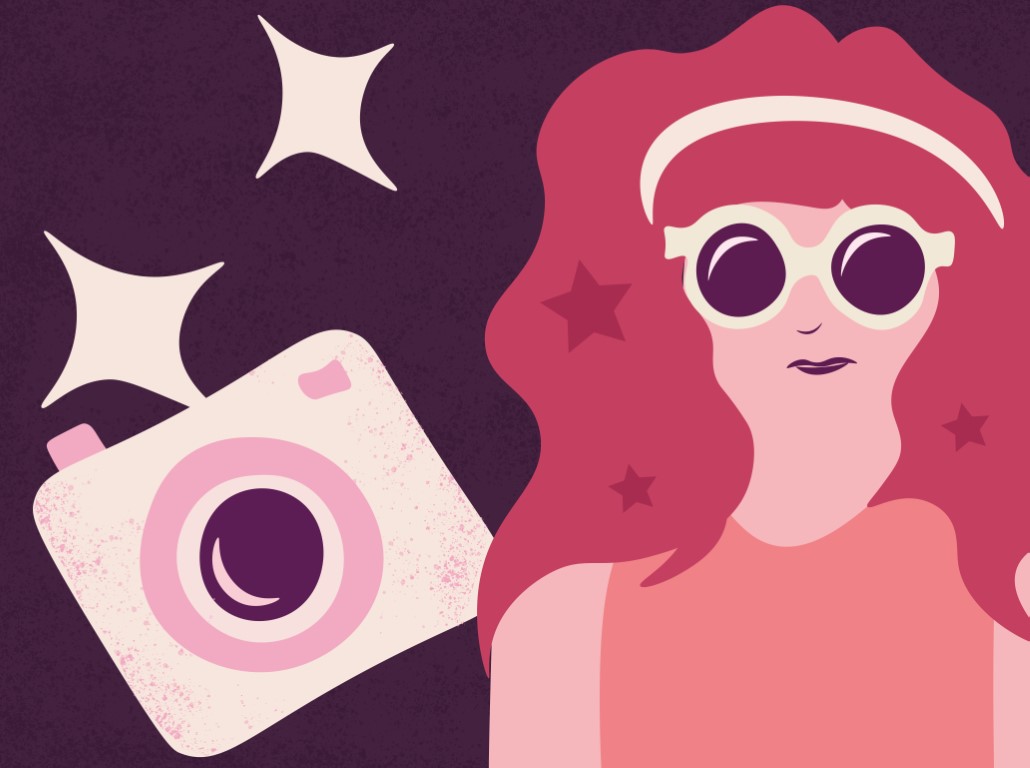
Pulled by the stars
By Matthew Fraser, Opinions Editor
The clever usage of star power by politicians is an effort in pulling two things: more votes and the wool over your eyes.
Celebrity has become a preferred tool for sales. Daniel Craig will sell you a watch, Matthew McConaughey will sell you a car, and Michael Jordan will sell you some shoes. The idea of plastering famous faces on sellable products is so pervasive that Pepsi tried to use Kylie Jenner to sell its products while head faking its “wokeness.” It makes sense then that celebrities (or at least their star power) would be used to sell politics; what else explains rappers like Lil Wayne and Lil Pump being held up front and center at Trump rallies or on Trump’s Twitter feed? Answer: simply the need to sell the illusion of acceptability and diversity to the cameras. It’s not like either of those men are respected politicians or devout Christian fundamentalists—they have no pull for the majority of Trumps core audience and yet they were elevated to such heights. The goal was to capitalize on the fan bases of these two artists and show critics that with POCs on his side, Trump couldn’t be a racist. On the other hand, Cardi B interviewing both Joe Biden and Bernie Sanders served a similar function: connect to the youth and present the democratic party as acceptable. In a rant following the Lil Wayne and Trump photo op, syndicated radio show host Charlamagne tha God said that he does not care what celebrities think about politicians, but what is the true value of star power in politics? Why should any of us care about how these people vote or which politicians they pose with?
On one hand, some would argue that we don’t follow these people—athletes or musicians—for their political opinion but for their entertainment value. Some who make this argument say the thoughts and concerns of the famous are incidental to their ability to provide the service of distraction. Political commentator Laura Ingraham went so far as to tell Lebron James to “shut up and dribble.” However, history has shown that it is important for the famous to stand up for the voiceless and forgotten masses. When Muhammad Ali said “My enemies are white people, not Chinese or Japanese or Viet Cong. You’re my opposer when I want freedom,” he forced those members of white America who were willing to listen to contend with the hatred that was perpetuated on black Americans while they were being called upon to defend America. Unfortunately, Cardi B and Lil Wayne make no such critiques but still seem to have the ear of both the masses and presidents incoming or outgoing. With millions of fans between them, the majority of whom are in the highly coveted young voter bracket, the worth of these stars is in their influence and that influence alone. Since neither are positioning or representing themselves as critical thinkers, it should be fair to see them as conduits to voters and media coverage.
Malcolm X predicted this type of behaviour in the ’60s when he said that entertainers are not leaders, but often puppets of the political class. Indeed, these stars are being used as both placation and diversion for the political masses. Though he was speaking at a time when the black entertainer was given little to no respect by the white audience, in today’s day and age, star power transcends race and has become a culture all its own. Now, the brainwashing coercion of a famously pretty face is applied not just to black people but to all people. And for what? To curry a few votes and distract from the real problems that plague the working class? To throw a veneer of diversity over old and unjust policies? To pretend as if those in the suits and offices really care about the poor? The clever usage of star power by politicians is an effort in pulling two things: more votes and the wool over your eyes.
But as time has gone on, the career turns of Ronald Reagan and Arnold Schwarzenegger seem less an aberration and more an early symbol of today’s world. We are in a new era, an era blazed by charismatic and media savvy politicians like Justin Trudeau and Barack Obama; two politicians who could turn their campaign fame into loyal voters and international power. We are in an era where politicians must lean on stars to stay on top or be threatened by the star-turned politicians like Donald Trump and Kanye West. If Donald Trump took the white house, why can’t Selena Gomez become a senator? But do we really want to blur the lines between star and politician? Is the cult of personality that sells movie and concert tickets what we want to motivate our politics? It is in treacherous and choppy water that the political and entertainment elite blend.



